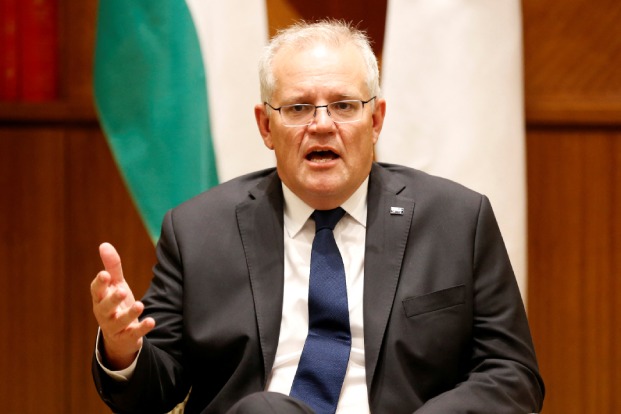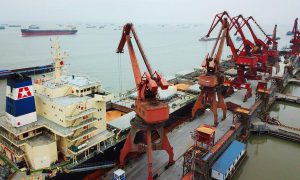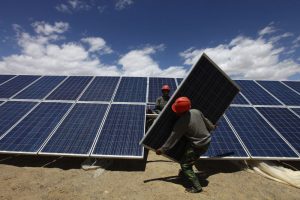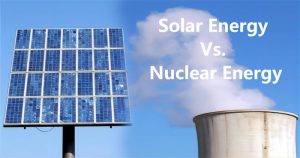Rising Australian consumer prices could prompt an interest rate hike as soon as next week as inflation surged at the fastest annual pace in two decades last quarter.
The rise in petrol, home building and food costs is unwelcome news for Scott Morrison, the prime minister, who will fight a tough election next month, as the rising cost of living has become an issue with voters.
The Reserve Bank of Australia (RBA) might no longer need to keep interest rates at emergency lows of 0.1% and could tighten soon, perhaps even at its policy meeting on May 3 rather than in June, analysts said.
Markets quickly narrowed the odds on a rise to 0.25% next week, though many still favour a June rise given such a sudden move would cause political ripples so near to the election on May 21.
Futures also shifted to price in rates of 0.5% by June, whether in one hike or two.
“We now expect the RBA to initially hike by 40 basis points to 0.5% in June,” said Andrew Boak, an economist at GS Macro, who sees a series of quarter point moves to an eventual peak of 2.5%.
“The combination of above-target inflation, an economy initially resilient to hikes and a more hawkish reaction function skews risks to a steeper and higher path for rates.”
Wednesday’s data made for painful reading as the consumer price index (CPI) jumped 2.1% in the first quarter, topping market forecasts of a 1.7% increase.
The annual pace picked up to 5.1%, from 3.5% the previous quarter and the highest since 2001.
A closely watched measure of core inflation, the trimmed mean, climbed a record 1.4% in the quarter, taking the annual pace to the highest since early 2009 at 3.7%.
That was the first time since 2010 that core inflation had lifted above the Reserve Bank of Australia’s (RBA) 2-3% target band, a radical turnaround from recent years when it consistently undershot.
- Reuters, with additional editing by George Russell
READ MORE:
Australian Lender Names New Chair After Years of Tumult
Australia Seeks To Fine Uber $19m Over Misleading Fares
Australia Says China Pact Puts Solomons’ Sovereignty at Risk
























